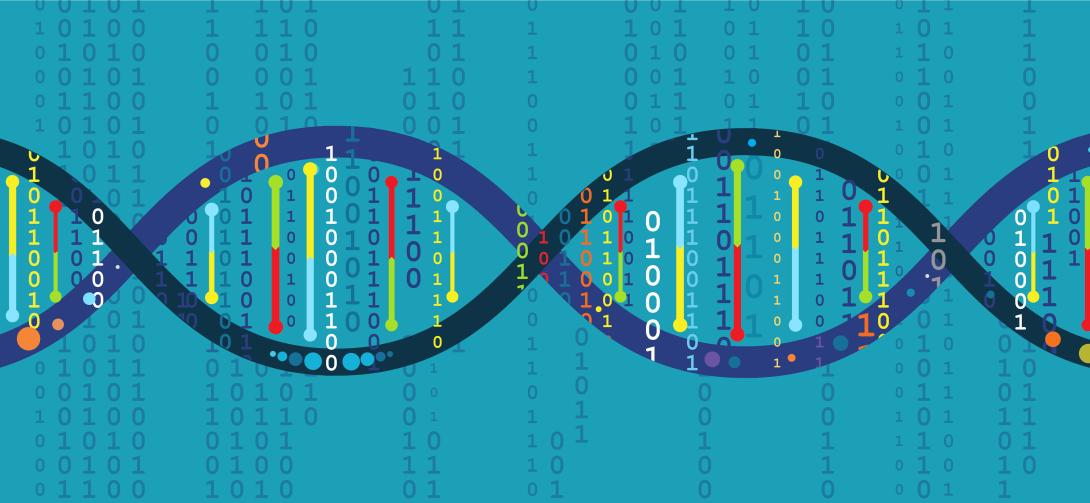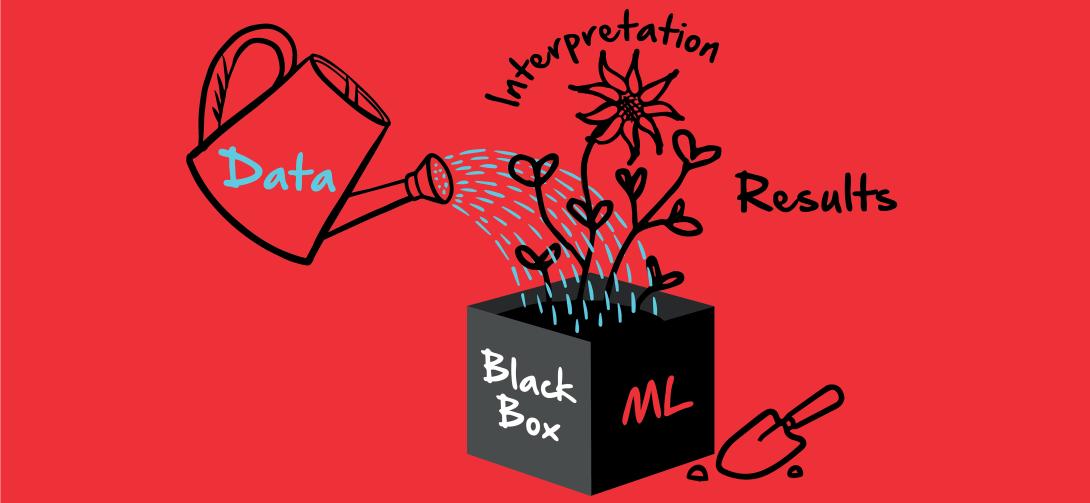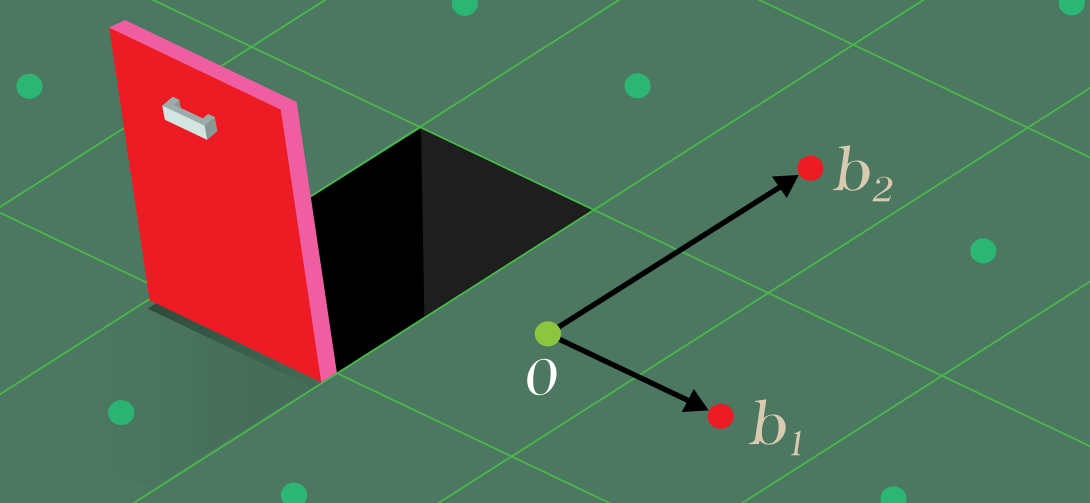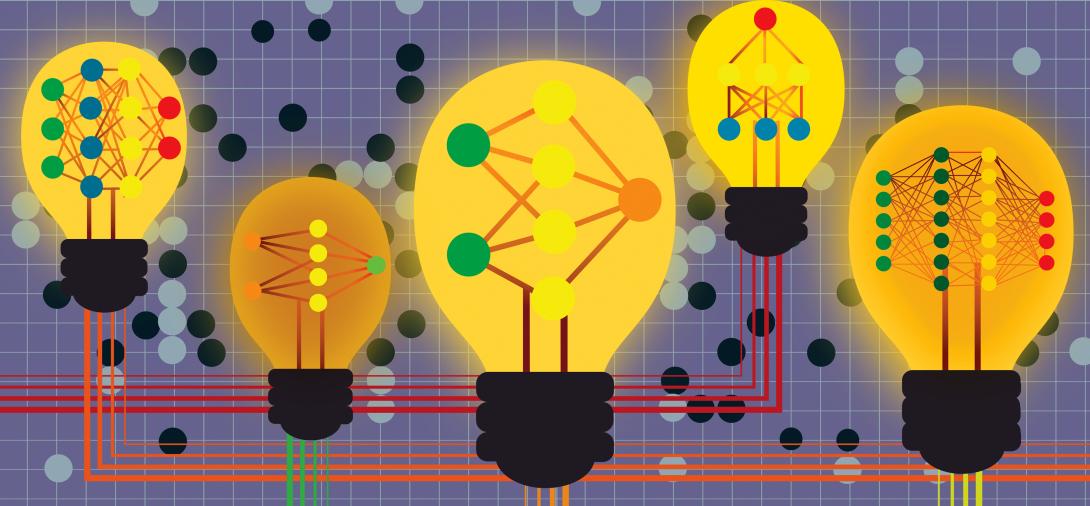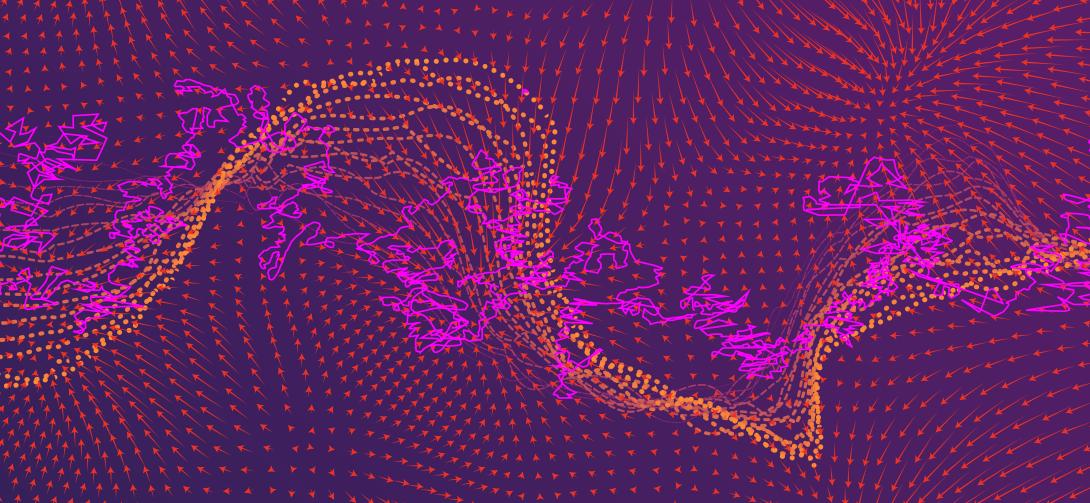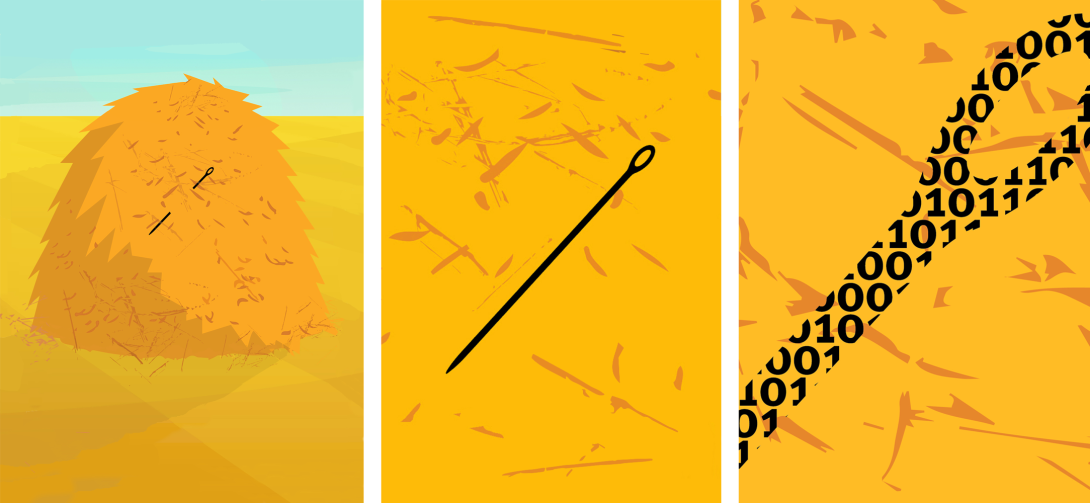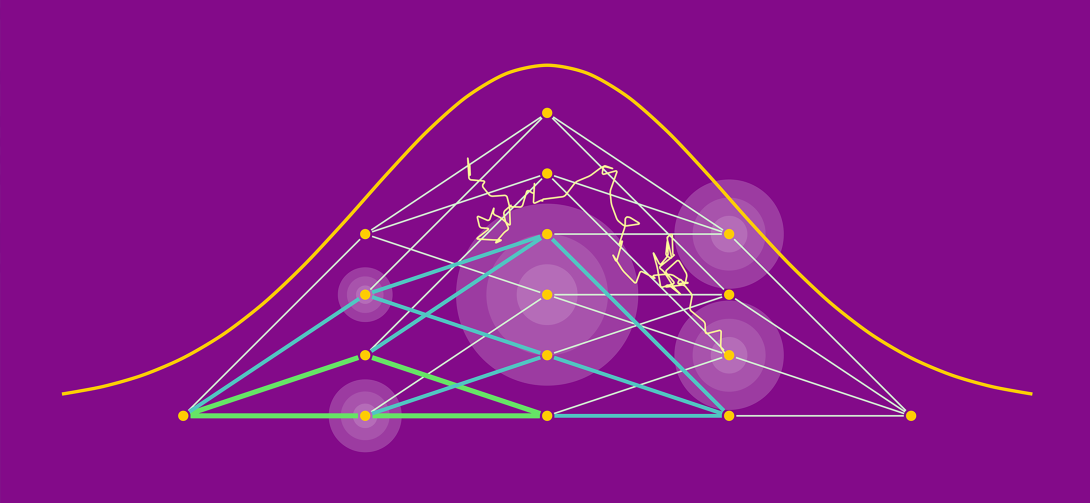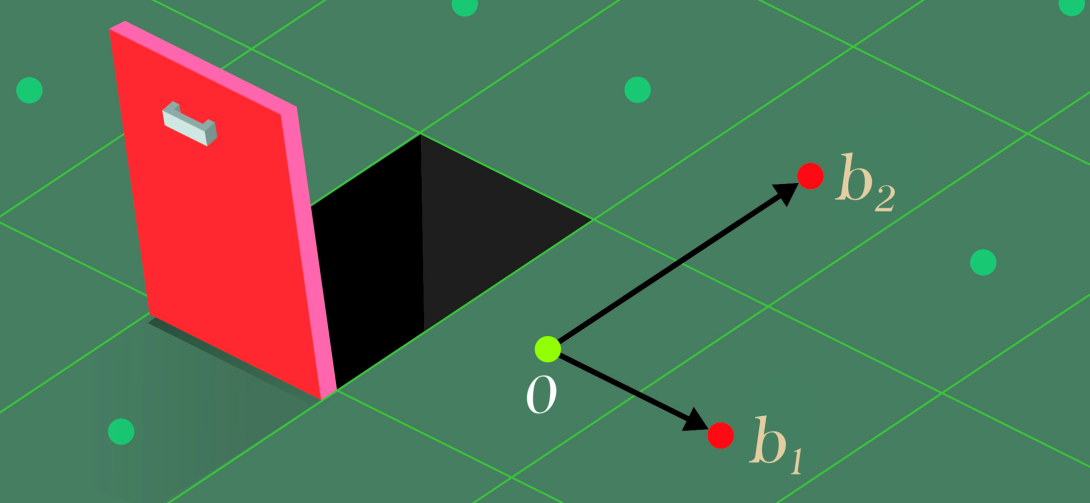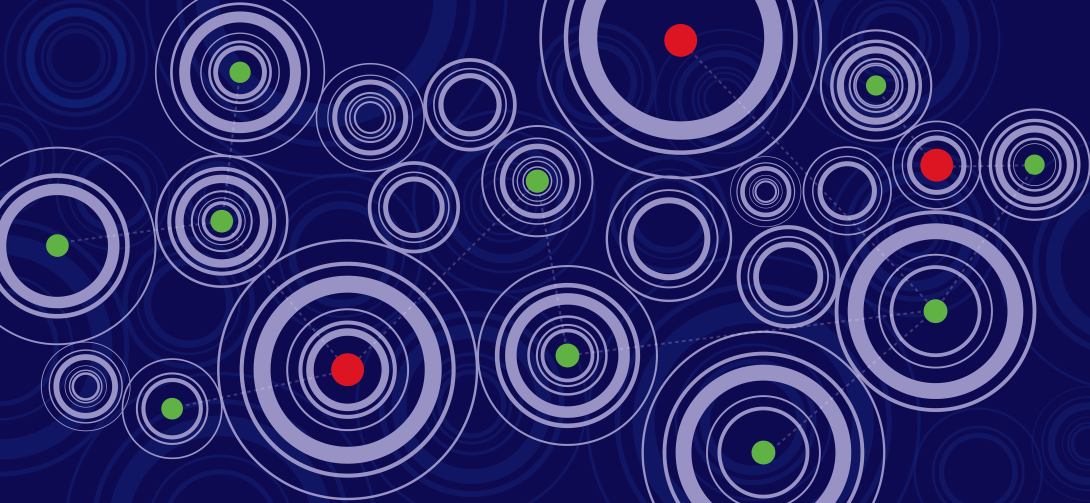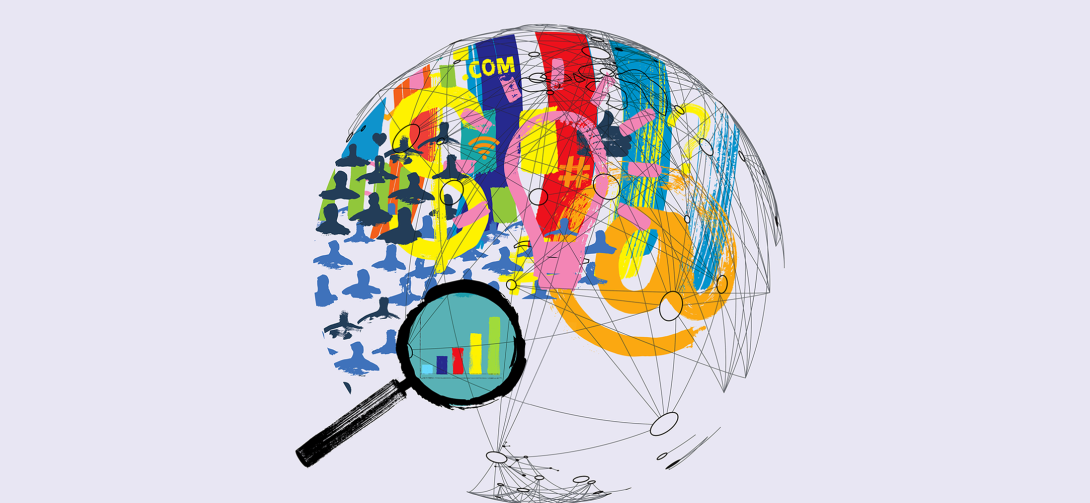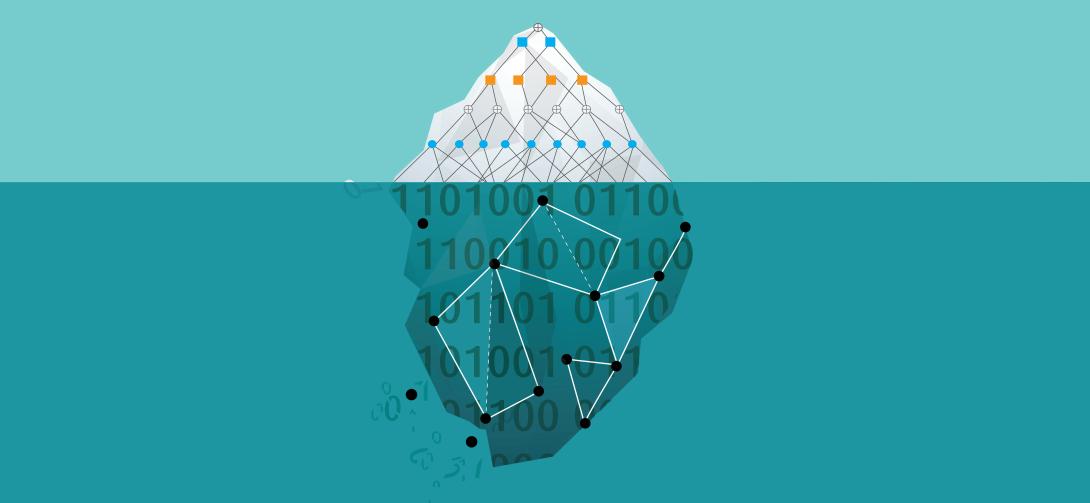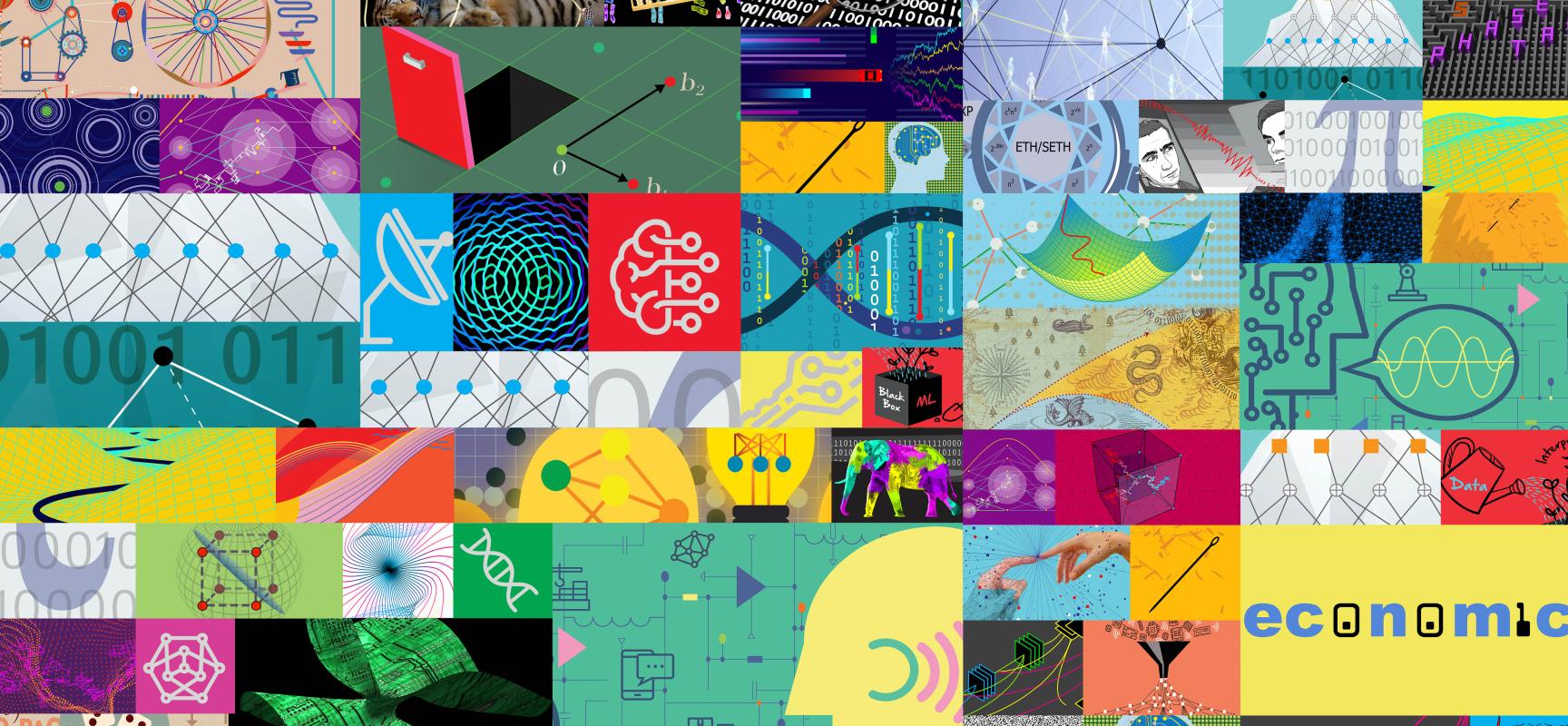
Programs and Clusters
Programs and Clusters
The Institute typically hosts two concurrent research programs per semester, and one per summer. Programs are selected with a view toward maximizing impact and engagement across the theoretical computer science community, as well as impact on neighboring scientific fields. A typical program is led by a small group of organizers who are recognized experts in their fields, and involves about 60–70 long-term participants (a mix of senior and junior researchers) who spend a month or longer at the Institute. A program usually includes three week-long topical workshops, each of which attracts an additional group of invited speakers and focuses on a different aspect of the program's scientific scope, as well as an initial boot camp designed to put long-term participants on the same page. Summer clusters are somewhat smaller in scale than research programs, and are designed to offer a platform for focused research on fast-moving or emerging topics.
The Simons Institute for the Theory of Computing offers numerous ways for scientists to participate in the life of the Institute.
- Applications for the Simons Quantum Postdoctoral Fellowships.
- Applications for Science Communicators in Residence.
- Applications for a Law and Society Fellowship.
- Join a Research Program, Pod, or Cluster.
- Attend a Workshop or Other Event.
- Propose a Program, Workshop, or Small Group Collaboration.
Summer 2022
This cluster will aim to develop the theoretical foundations of deep learning, particularly the aspects of this methodology that are very different from classical statistical approaches.
This summer program aims to bring together computational and applied researchers to address key challenges in bioinformatics.
Convenes an interdisciplinary group of scholars to develop firm theoretical and philosophical foundations for addressing some major issues concerning the interpretability of machine learning–based models.
This cluster focuses on the growing concerns regarding the future of individuals, groups, societal institutions and values shaped, manipulated, and challenged by the imperatives of AI.
This extended reunion will study fundamental questions on integer lattices and their important role in cryptography and quantum computation, bringing together researchers from number theory, algorithms, optimization, cryptography, and coding theory.
Spring 2022
By bringing together researchers from machine learning, economics, operations research, theoretical computer science, and social computing, this program aims to advance the connections between learning theory, game theory, and mechanism design.
Fall 2021
This program brings together researchers in complexity theory, algorithms, statistics, learning theory, probability, and information theory to advance the methodology for reasoning about the computational complexity of statistical estimation problems.
This program aims to develop a geometric approach to various computational problems in sampling, optimization, and partial differential equations.
Summer 2021
Spring 2021
Focusing on new developments in logic, automata, probabilistic modeling, games, and cyber-physical systems, this program aims to develop the theoretical foundations of computer systems.
This program aims to foster interaction between theoreticians and practitioners to understand real-world efficient computation with a particular focus on the satisfiability problem for Boolean formulas.
Fall 2020
This program aims to advance our understanding of high-dimensional problems by focusing on the interplay between probability, geometry, and computation.
This program will bring together researchers in computer science, control theory, operations research and statistics to advance the theoretical foundations of reinforcement learning.
Spring 2020
This program will study fundamental questions on integer lattices and their important role in cryptography and quantum computation, bringing together researchers from number theory, algorithms, optimization, cryptography, and coding theory.
This program will bring together researchers from computer science, physics, chemistry and mathematics to focus on the two grand challenges of quantum computation: developing the most promising algorithmic applications for quantum computers, and developing methods to test quantum devices.
Fall 2019
This program will bring together researchers from Computer Science and beyond, whose research is contributing to three subthemes: proof systems, decentralized consensus, and applications of these to society, economics, and cryptocurrencies.
This short-format program will focus on the design of markets for online platforms, exploiting advances in theoretical computer science, economics and operations research.




